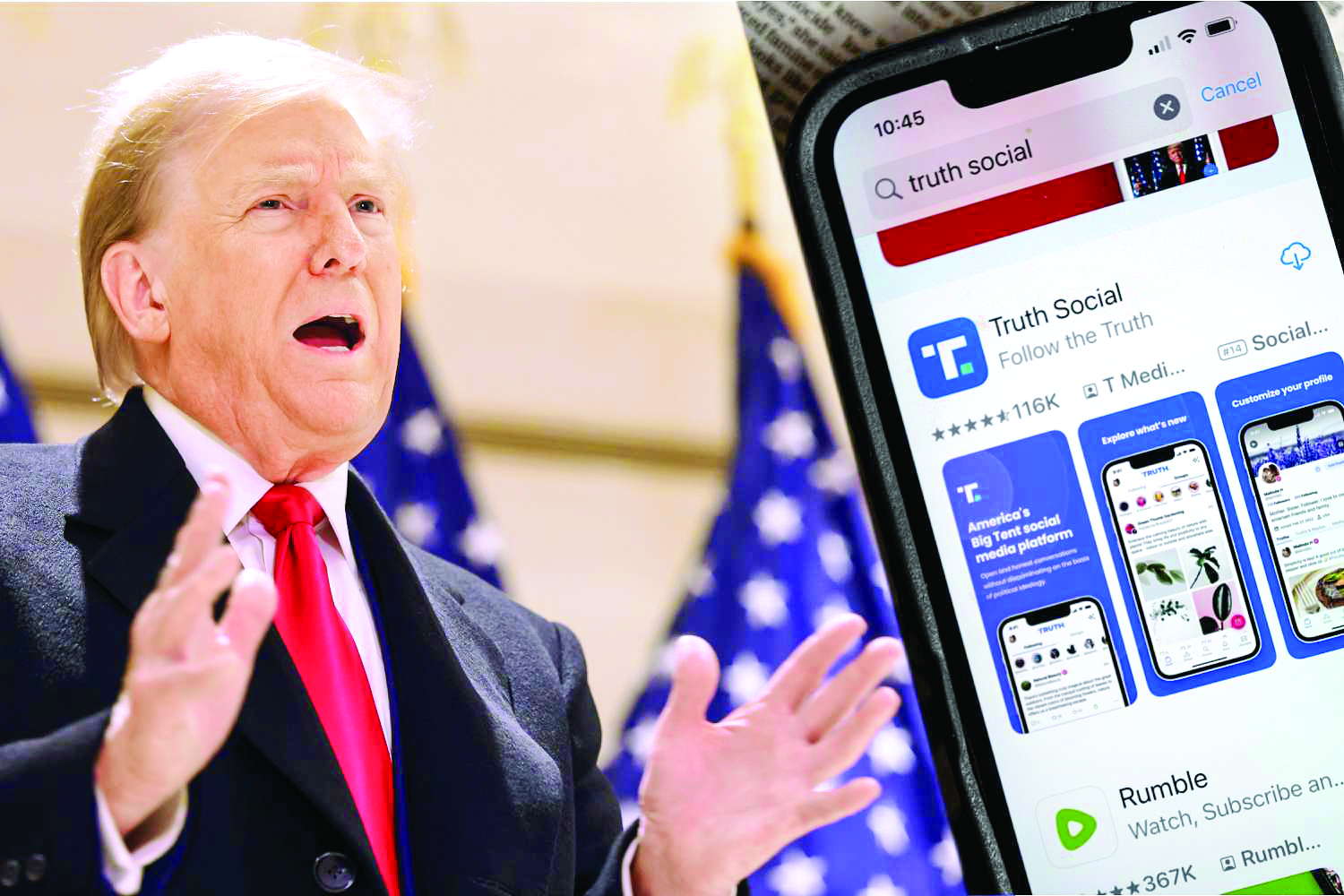This election has been a full-scale repudiation of the unrestricted immigration into the US.
Trump’s re-election bid has ushered America into new waters. In some ways, it’s a return of a previous period and in other ways, a transition to new. Donald Trump is the second President in US history to be elected to office in non-consecutive terms, following Grover Cleveland. He is also the first President in office to be a convicted felon, something that followed his previous term in office. Unlike the previous term, on this occasion he has also won the popular vote which is an additional affirmation to his policies and the faith reposed by the American people. More importantly, this re-election into office can no longer be considered a blip or an aberration in American politics that Trump managed to secure a win through a fluke of the Electoral College. This win is complete for Trump and the Republicans in the White House, Senate and Congress—not to mention in each of the so-called swing states that determined the outcome of the Presidential election. This is now Trump’s Republican Party and Trump’s America.
This election has been a full-scale repudiation of the unrestricted immigration into the US, in particular from the southern border, the excesses of political correctness and gender politics practised by his opponents, the unwillingness to bring the working class under its umbrella by the Democrats and the inability to rein in high inflation in the US by the Biden administration. A vote for Trump has been a vote for the long-enduring strain of American isolationism from European affairs and the world. It has been a vote for a brand of hyper-transactional politics in international affairs including a liberal use of tariffs to double down on American manufacturing. In fiscal terms, the deficit may yet again expand further given more promised tax cuts across the board.
From an Indian perspective, Donald Trump holds promise as a favourable leader with his antipathy to China that may lead to positive fallouts for India. His pro-India and pro-Hindu positions during the campaign have been well received by the Indian diaspora groups in the US. He is also well-disposed to the Indian political class especially with Prime Minister Narendra Modi himself with whom he hosted a “Howdy Modi” rally in his previous term that was considered a resounding success given its large turnout of Indian-Americans and enthusiasm in the US for both leaders in the community. Trump would also be more inclined to not comment on India’s internal matters and domestic issues given his inward looking persuasions and absence of desire for American policing of the world. There is also the conversation of risks regarding the H1B visas that many Indians are issued. It is likely that the cap on said visas is reduced or they’re rescinded altogether. That is a concern for Indians as immigrants to the US as people-to-people ties may be restricted and skilled manpower from India to US may be reduced.
Although some may consider Trump’s “America First” agenda and high tariffs as a disruptor to Indian trade and manufacturing—and while risks for the same exist—that is true globally and not uniquely targeted at India. If anything, China is expected to face the lion’s share of Trump’s agenda of realigning supply chains from China and limiting Chinese expansionism in the East through tariffs, containment and trade restrictions.
More and more Indian-Americans are making their presence in higher political office in the US. Through Trump’s re-election win, the US now for the first time has a second lady who is of Indian origin. Usha Vance, wife of Vice President elect J.D. Vance is now set to be America’s second lady and has roots in Andhra Pradesh. On the other hand, Kamala Harris herself was part Indian. Other Indian-Americans or those of Indian origin in this election cycle included Nikki Haley and Vivek Ramaswamy among others in Senate and House races across the country.
The US-India relationship has been on an upward trajectory since the Bill Clinton presidency. It is expected that the logic of geopolitical calculus and the alignment in values and interests between the two countries will continue to spur on ties regardless of who is in the White House, as highlighted by Minister of External Affairs of India, Dr S. Jaishankar. While India is refusing to be part of an alliance partner to the US, it is stepping out of its past baggage and is willing to embrace the world with greater gusto along multiple directions and with multiple partners. The US-India relationship is one such key partnership and has often been described as the defining relationship of the 21st century through its emphasis on talent, trust and trade. Donald Trump’s presidency is expected to continue this vision into the coming four years.
* Rajesh Mehta is an expert on India-US relationship, market entry, and public policy.
rajesh@entry-india.com

